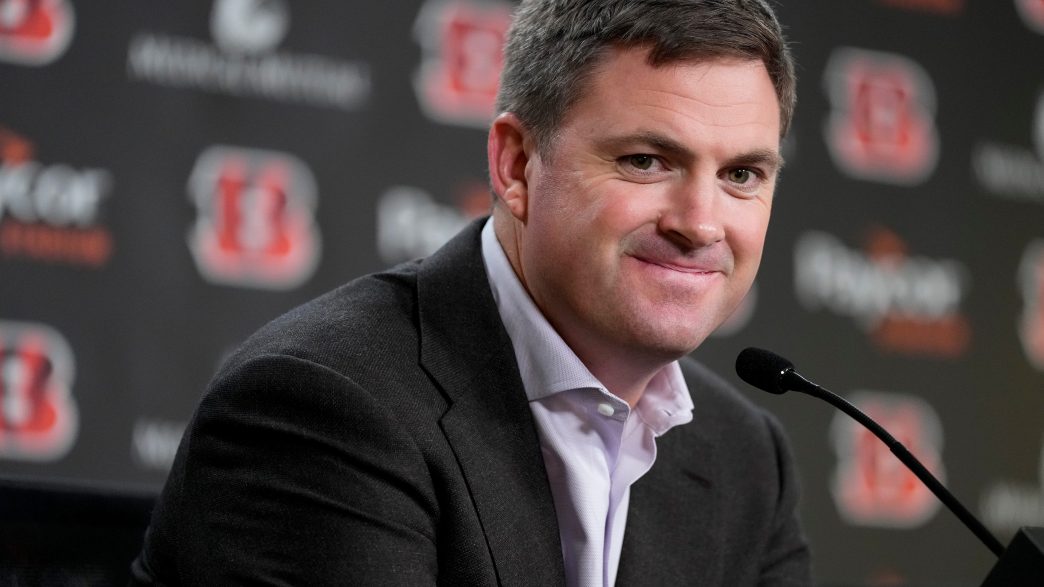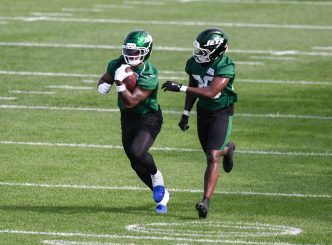As the NFL Draft rapidly approaches, anticipation is building across the league. In just a few weeks, 257 prospects will realize their dreams and become a part of professional football. Among those selections, the Cincinnati Bengals hold a total of six picks, a bit of a mixed bag considering they traded away their seventh-round pick to bring running back Khalil Herbert into the fold, following an injury to Zack Moss.
If you watched the Bengals last season, it was no secret that the team’s defensive lineup needed a significant overhaul. With a lackluster scoring defense that ranked No. 26 in the league, it became evident that this unit was often to blame for the team’s frustrating string of one-score losses. As the draft looms, fortifying the defense should be a top priority for Cincinnati, and it will be interesting to see how they strategize in this regard.
But what if they pivot and choose to address their offense in the first round instead? That notion raises some eyebrows, especially with the wealth of talent available.
One position that’s generating buzz leading up to the draft is the tight end spot. The 2025 class boasts several promising tight ends who could greatly impact a team’s offense, and within that group, two standouts have emerged: Tyler Warren from Penn State and Colston Loveland from Michigan. Both of these players have been pegged as potential first-round picks, though not often associated with the Bengals in conversation about draft needs.
While Warren and Loveland have garnered attention as elite talents, oddsmaker Adam Thompson suggests that Cincinnati could actually be in play for one of them. According to his analysis, they’re the two most likely tight end selections for the Bengals—not something you hear every day.
Now, here’s where things get interesting. Despite the potential prowess of Warren and Loveland, the Bengals have glaring needs on the defensive side of the ball. Adding someone like Walter Nolen for the interior defensive line or Mike Green to bolster the edge would address a direct need and bring immediate impact. Even cornerback Will Johnson is someone who could fill an important role, particularly given the Bengals’ backfield struggles.
Furthermore, it’s essential to consider that Cincinnati recently extended tight end Mike Gesicki’s contract for three years. While it’s true that Warren and Loveland are impressive prospects, there’s a certain chemistry between quarterback Joe Burrow and Gesicki that shouldn’t be overlooked. Burrow has publicly stated his appreciation for Gesicki, actively supporting his extension and valuing his presence as a reliable target.
Sure, Gesicki might not be a long-term solution given his age, but for the next few seasons, he provides a solid option at tight end. Given this contract and the pressing needs on defense, it raises a legitimate question: Could it be a stretch to consider tight end as a priority for a team already invested in the position?
Ultimately, with a balance between addressing both sides of the ball and the immediate needs present within the roster, the odds pointing toward a tight end selection for Cincinnati seem a bit misplaced. As the draft nears, it will be fascinating to see how the Bengals weigh their options, but one thing is clear—their approach will define their trajectory moving forward.








